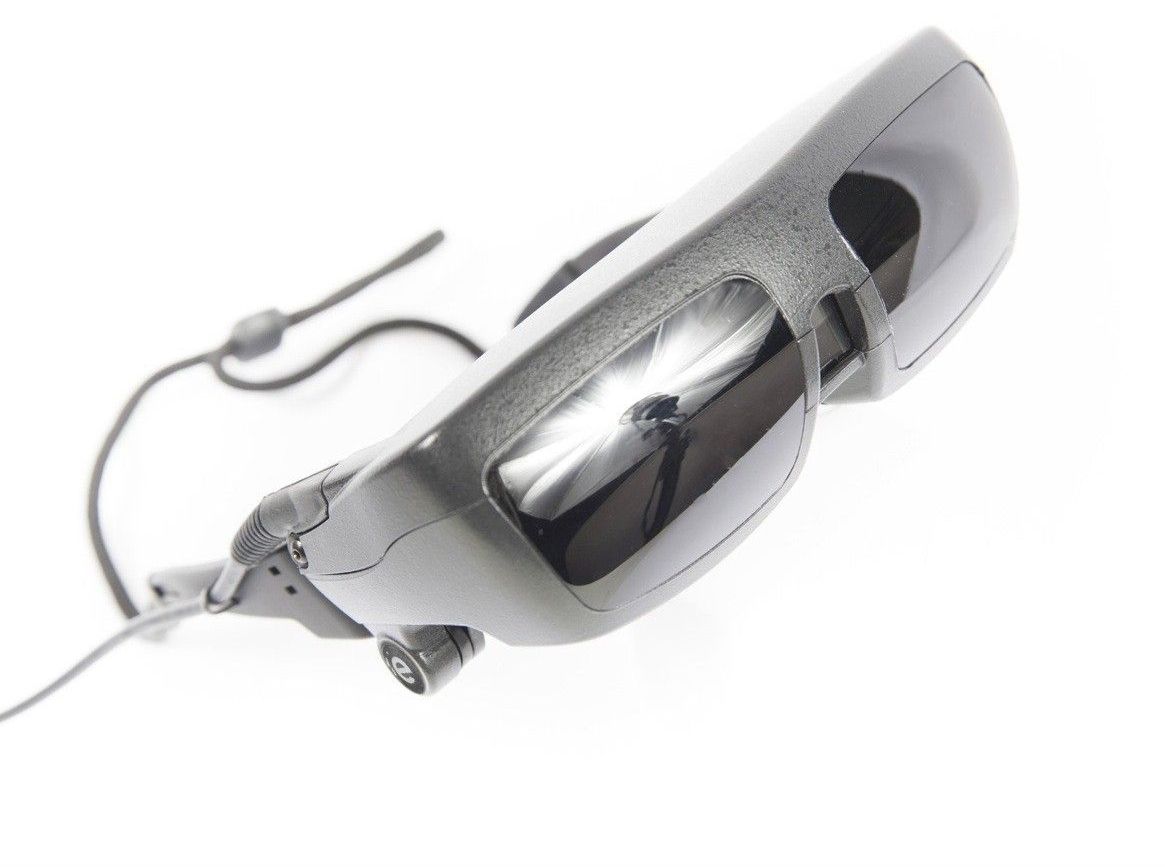Archive for the ‘military’ category: Page 251
Feb 21, 2017
Pres. Trump Chooses Science Advisor
Posted by Karen Hurst in categories: chemistry, climatology, military, physics, science, space
Congrats Dr. Happer.
I’ve been waiting to find out who will be Pres. Trump’s science adviser. It appears to be physicist Dr. William Happer, a physicist currently teaching at Princeont University, and former Director of the U.S. Department of Energy’s Office of Science from 1991–1993. He’s no slouch as a scientist. His work for the Air Force on the sodium guidestar laser platform for the military’s missile defense program provided information on the tropopause layer in the upper atmosphere, which is where atmospheric wave fronts distort both starlight and laser emissions, and where heat either begins to leak into space or does not, depending on how much and what kind of gas is blocking heat radiation.
The tropopause is the boundary between the troposphere, where we live and where weather takes place, and the stratosphere. The layers above that are the stratosphere, where stratocirrus clouds form as floating clouds of ice, the mesosphere, the thermosphere and the top, very thin layer, the exosphere. Beyond that is space.
Feb 20, 2017
Robots poised to take over wide range of military jobs
Posted by Dan Kummer in categories: economics, employment, military, robotics/AI
The wave of automation that swept away tens of thousands of American manufacturing and office jobs during the past two decades is now washing over the armed forces, putting both rear-echelon and front-line positions in jeopardy.
“Just as in the civilian economy, automation will likely have a big impact on military organizations in logistics and manufacturing,” said Michael Horowitz, a University of Pennsylvania professor and one of the globe’s foremost experts on weaponized robots.
Feb 16, 2017
Company Claims Brain Transplants Could Bring Back the Dead by 2045
Posted by Karen Hurst in categories: biotech/medical, cyborgs, life extension, military, nanotechnology, neuroscience, Ray Kurzweil, robotics/AI, singularity

Not too shock by this given other transplant patient’s stories of memories, etc.

There are a lot of outrageous claims being made within the halls of neuroscience and artificial intelligence. Whether exaggerations, wishful thinking, the dreams of the egocentric and megalomaniacal to be immortal, or just drumming up funding for a never-ending round of “scientific investigation,” the year 2045 seems to always be cited as a target date.
Continue reading “Company Claims Brain Transplants Could Bring Back the Dead by 2045” »
Feb 16, 2017
‘Bionic’ eye on the future: From ‘Star Trek’ visors to ‘Mission Impossible’ contact lenses
Posted by Karen Hurst in categories: cyborgs, military, transhumanism
Could bionic eyes restore sight to the blind and give the U.S. military super sight?
Bionic implanted eyeballs, “Star Trek”-style visors, telescopic contact lenses … these are just a few of the many exciting projects underway to both restore and provide enhanced sight.
Significant strides have been made in tech that will restore and transform lives — replacing white canes, service animals, braille machines and more for the visually impaired.
Feb 15, 2017
The world in 2045, according to Pentagon researchers
Posted by Klaus Baldauf in categories: futurism, military

Three researchers from the Defense Advanced Research Projects Agency make some predictions for the future.
Feb 14, 2017
China’s military progress challenges Western dominance, says IISS
Posted by Karen Hurst in category: military
Chinese military technology is reaching “near-parity” with the West, a new report from the London-based think tank IISS has found. Western dominance in advanced military systems can no longer be taken for granted.
China accounted for a third of Asia’s military spending in 2016 and was looking to sell more arms abroad, the International Institute for Strategic Studies (IISS) said in a report on Tuesday.
China’s overall defense budget last year was $145 billion (137 billion euros), 1.8 times higher than South Korea and Japan combined. China’s spending was topped only by the United States which spent $604.5 billion (572 billion euros) on defense in 2016.
Continue reading “China’s military progress challenges Western dominance, says IISS” »
Feb 14, 2017
Gov’t Sued For Taking US Company’s Business Plan And Giving It To Foreigners
Posted by Karen Hurst in categories: business, military, policy, robotics/AI, satellites
Hmmmm.
A private space company is suing the Defense Advanced Research Projects Agency (DARPA) for allegedly taking an idea and giving it to a foreign-owned competitor.
Orbital ATK accused DARPA, which develops military technology, of giving its business plan to repair satellites to Space Systems Loral (SSL), a company-based in California but registered as foreign-owned. Orbital ATK says handing business plans to SSL violates U.S. policy.
Continue reading “Gov’t Sued For Taking US Company’s Business Plan And Giving It To Foreigners” »
Feb 13, 2017
DARPA to brief industry on RadioBio program to communicate biologically using radio waves
Posted by Karen Hurst in categories: employment, military, quantum physics, robotics/AI
While everyone is worried over Robots and other AI systems taking our jobs and do we need universal income; I want to use my energy to change the world and the people in it to be better, stronger, and smarter.
Definitely Quantum (Quantum Bio) at work here due to the experiment program write up for the RFP targeted cell to cell communications and leveraging electromagnetisms to do so. And, that is Quantum Mechanics at work.
ARLINGTON, Va. – ARLINGTON, Va. U.S. military researchers will use an online Webcast to brief industry later this month on a new initiative to determine if humans and other living things can communicate with one another biologically with radio waves without the use of conventional antennas or RF transmitting equipment.
Feb 11, 2017
Google Test Of AI’s Killer Instinct Shows We Should Be Very Careful
Posted by Sean Brazell in categories: climatology, military, robotics/AI, sustainability

If climate change, nuclear weapons or Donald Trump don’t kill us first, there’s always artificial intelligence just waiting in the wings. It’s been a long time worry that when AI gains a certain level of autonomy it will see no use for humans or even perceive them as a threat. A new study by Google’s DeepMind lab may or may not ease those fears.















